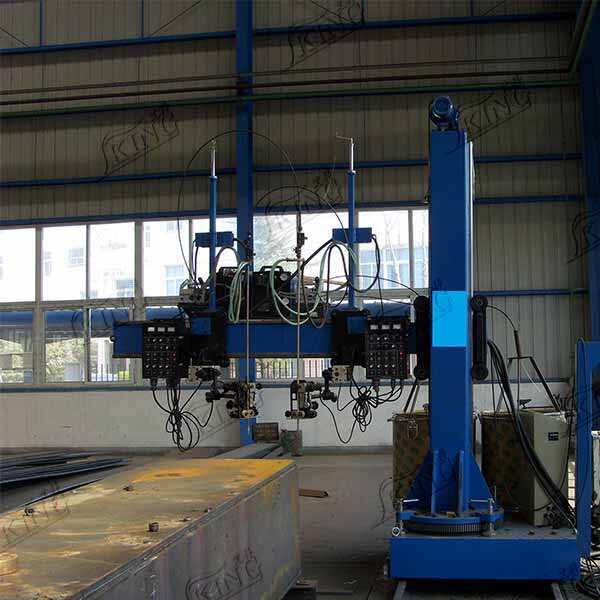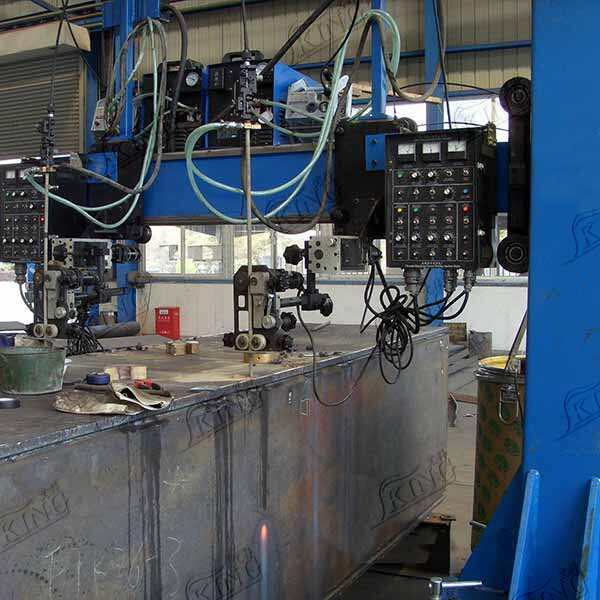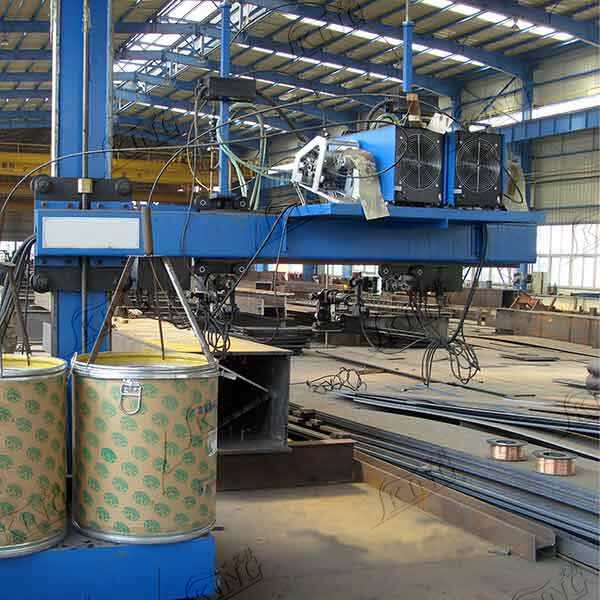electro slag welding
Electroslag welding (ESW) is a highly efficient vertical welding process that revolutionizes the joining of thick metal plates. This advanced welding technique operates by maintaining a molten slag bath between the workpieces, which is electrically heated to temperatures exceeding 1800°C. The process begins with a starting plate and progressively builds upward, creating a continuous, high-quality weld. During operation, consumable guide tubes feed both the welding wire and slag-forming compounds into the weld pool. The molten slag acts as both a heating element and a protective barrier, preventing oxidation and ensuring superior weld quality. The entire process is contained within water-cooled copper shoes that shape the weld bead and control solidification. ESW excels in joining plates ranging from 1 to 12 inches in thickness, making it particularly valuable in heavy industrial applications. The process requires minimal joint preparation and can complete welds in a single pass, significantly reducing operation time compared to traditional welding methods. Industries such as shipbuilding, heavy equipment manufacturing, and structural steel construction regularly employ ESW for its exceptional efficiency and reliability.


